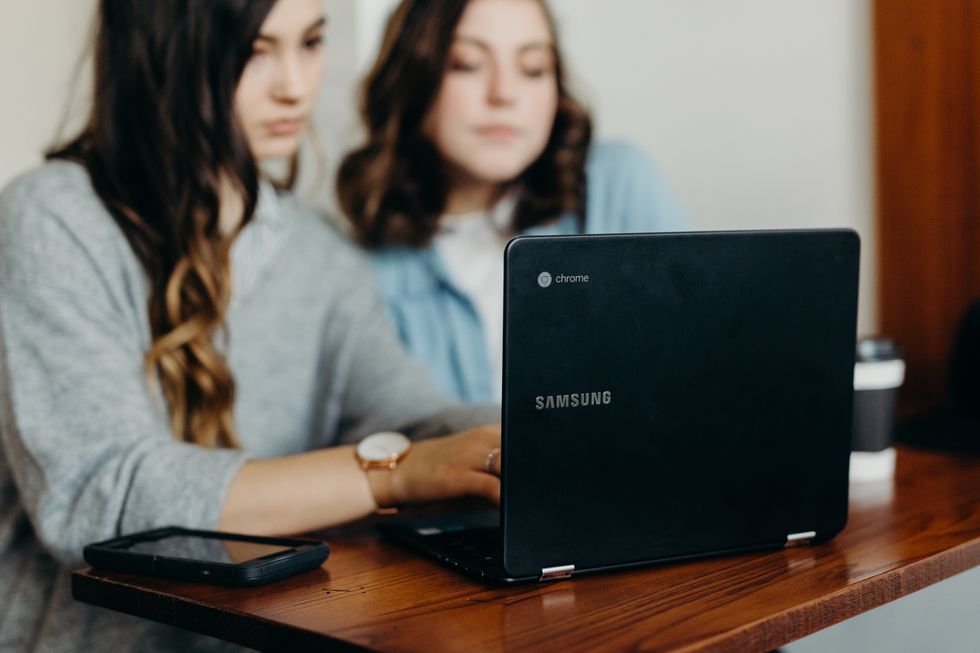I recently lost a dear friend: my laptop. I didn’t lose it so much as have it die on me. In a dramatic fashion befitting the personal computer of a creative writing major. Thanks to the timely intervention of a very hardworking and inventive computer tech at Office Depot, I am up and running (and writing) on a new computer, but I almost lost all the data and work I’d accumulated in four years of computer ownership.
Whether the contents of your hard drive are your life’s worth of written work, like mine, or a compilation of photos from every place you’ve ever visited, it’s a good idea to make sure you can retrieve all your data. Based on my catastrophic failure to plan for the worst, here is some advice (from me, but ostensibly also from the computer tech and my mother) on saving your important computer stuff.
Run your updates on time: I almost never shut down my computer all the way, which is bad. Computers need to be shut down and restarted every few days or so in order for them to update. If you don’t do the updates regularly enough. They’ll pile up and when you need the computer most it will be drowning in a sea of updates. Another problem that can occur when you don’t shut your computer down frequently is that you don’t notice issues it’s having until it’s too late.
Don’t be like me. Shut down and update your computer.
Back up your devices to an external hard drive. The tip is that when a computer crashes, you’ll still be able to retrieve the data from it. I learned the hard way that this is not the case. When my computer went down, the USB drives also shorted out, making it impossible for me to retrieve my files and photos on my own. If not for the tech guy at Office Depot, I would've been stuck using the files from my last back-up, which was about six months ago.
Don’t be like me. Back up your computer at least once a week or more if you have particularly important files.
For the really important stuff, make sure you can access it from multiple locations. If you have more than one email account, attach your important files to an email from one account and send it to the other. This will ensure that even if your computer crashes, you’ll still be able to retrieve the important things. This is also easier than purchasing, setting up, and running a backup drive, but make no mistake. This is not a solution for all your data-saving woes.
Do at least one. Better yet, do both.
Store your photos in print as well as online. Photo albums are a lost art, and they’re also a good way to preserve your pictures without taking up space on your backup drive or in your email account. You don’t want to lose those memories, so make sure you can access them from multiple spots. The process of choosing which photos to print out and put in an album will also help you narrow down the photos that you really want to keep.
The twenty snaps of your dog from the same and angle might not all make the cut, but that’s a good thing.

















